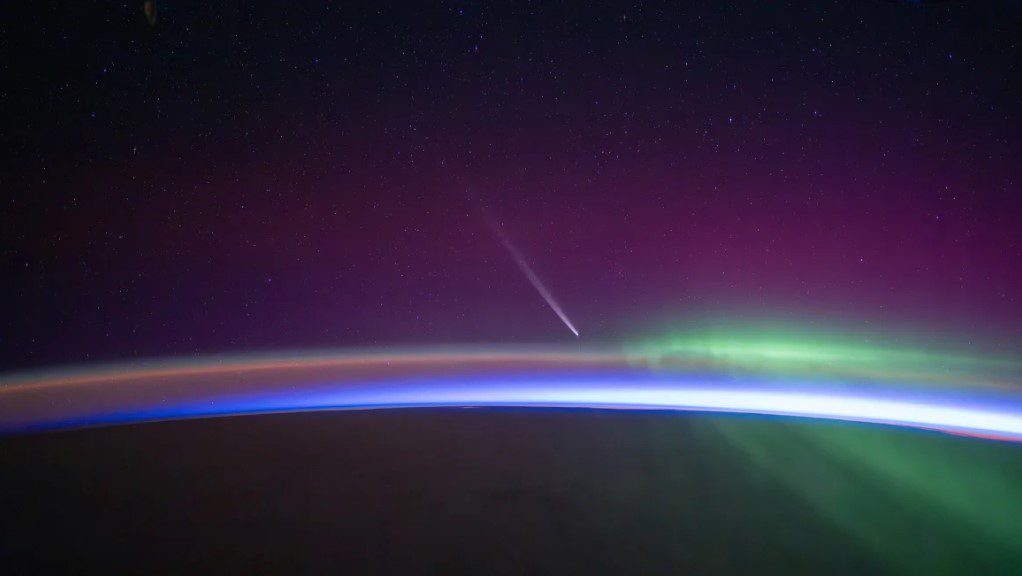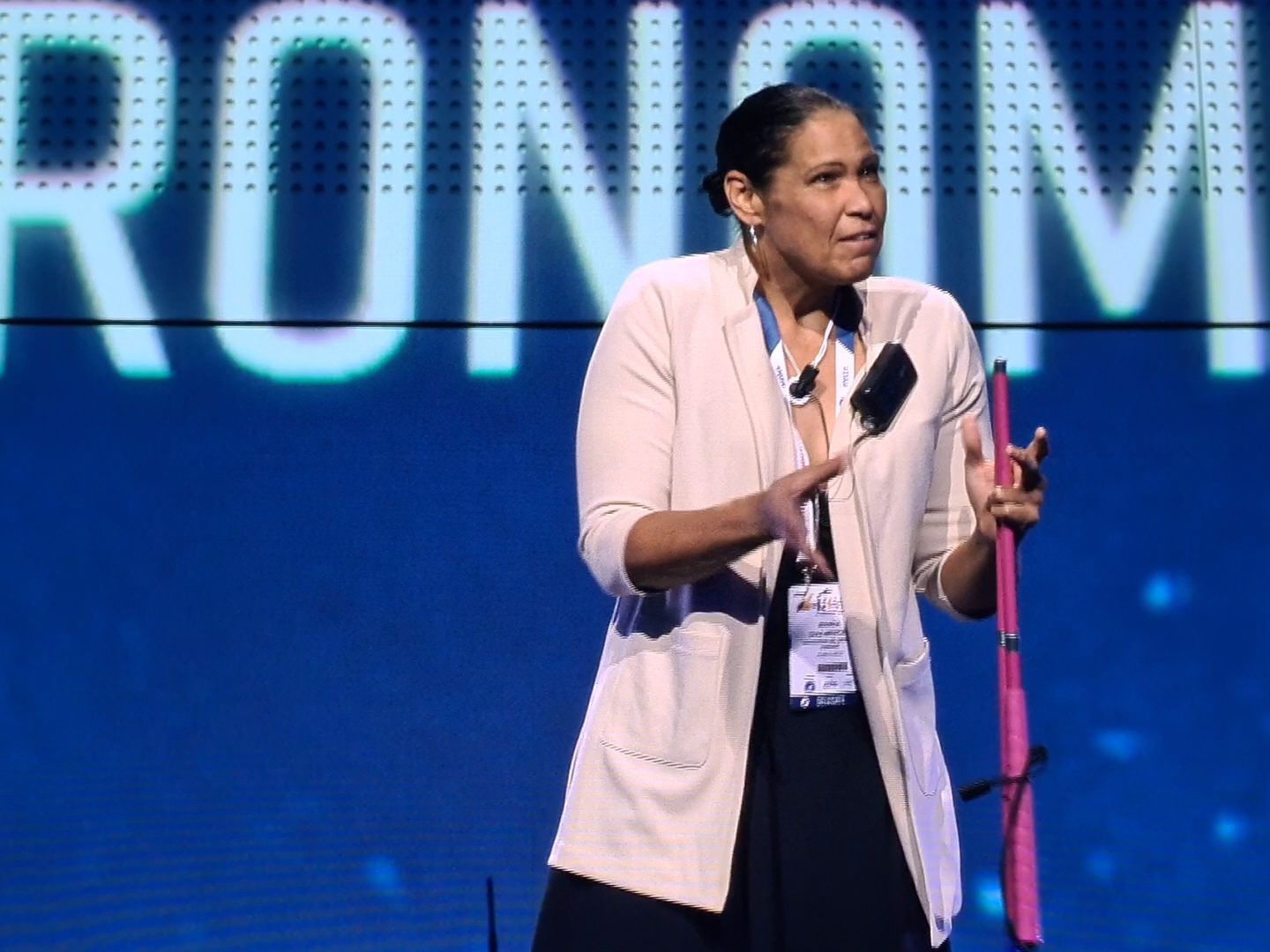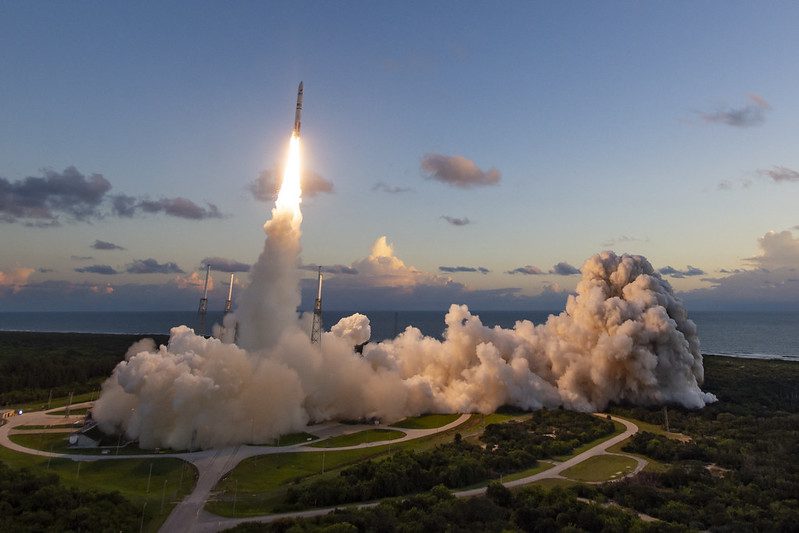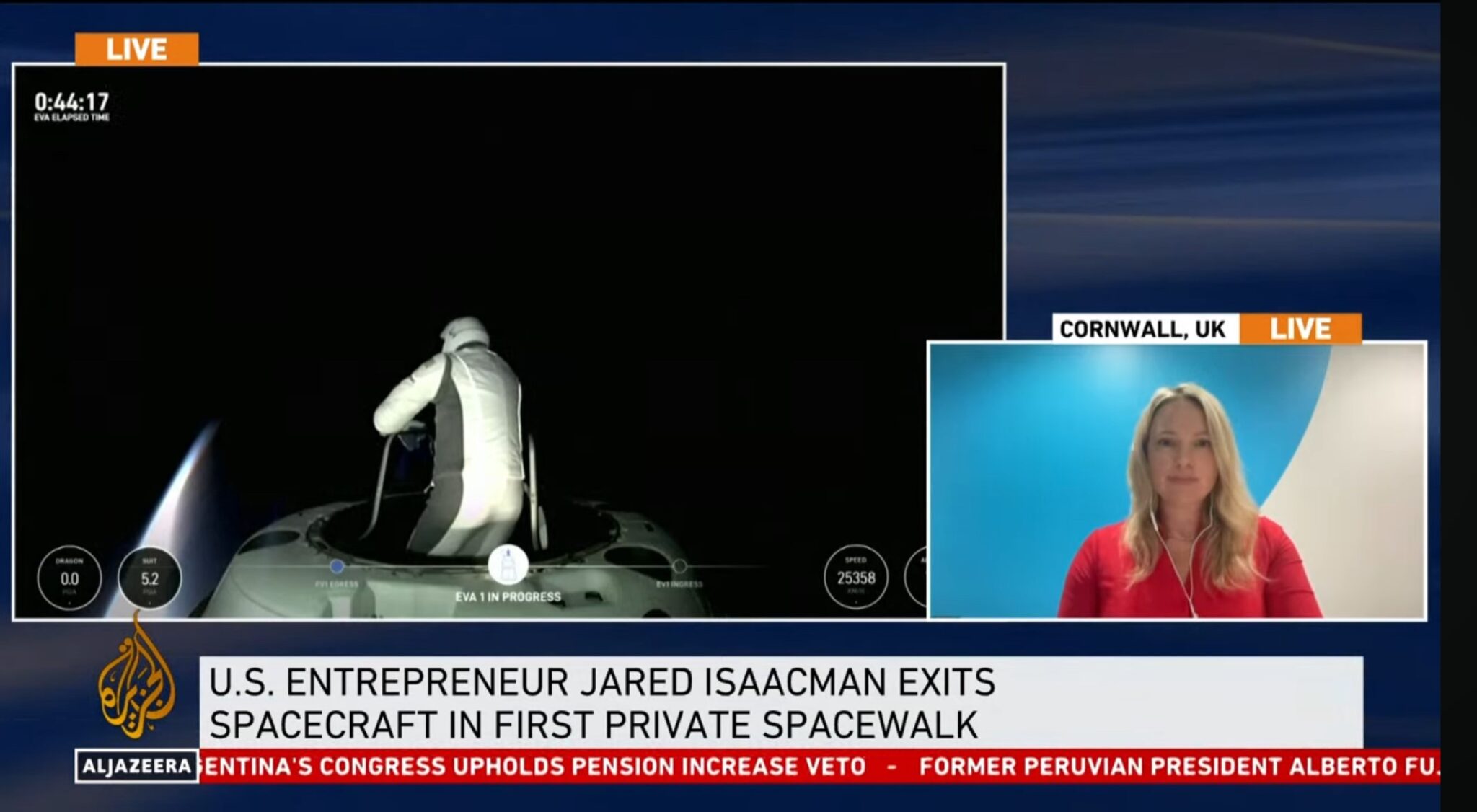The United Kingdom’s space conference held every two years was a more muted affair this year – pun intended – as it has been forced online due to the Covid-19 pandemic. Nevertheless there were some significant announcements to be had. While the official target to achieve a 10 per cent share of the world’s space business by 2030 has been quietly dropped, a new national space strategy has been announced aiming to increase the UK share in growing the world space market. The UK currently has about 6 per cent worth circa US$21 billion.
George Freeman, the newly appointed Minister of Space via his Science portfolio, noted that strategy was to be “part of a global race for the new space economy, and (that) the U.K. has some very strong strengths that we want to play to.”
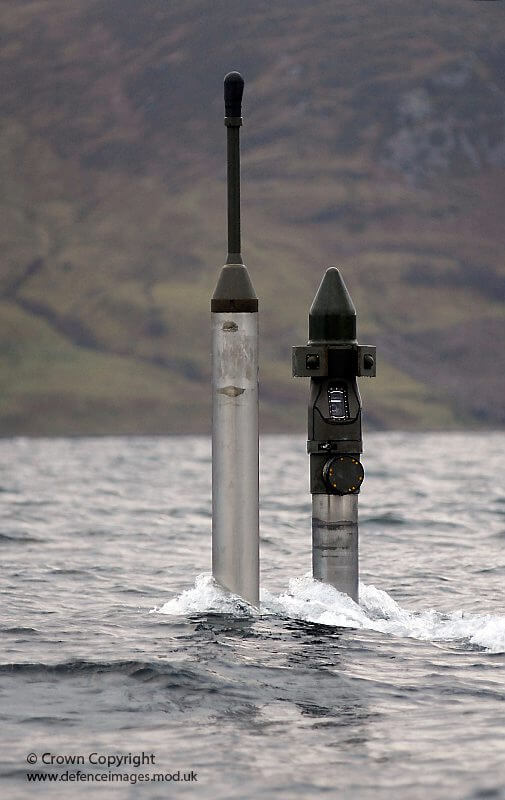
The periscope of Royal Navy submarine HMS Talent pokes above the cold waters of Kyle of Lochalsh, Scotland during surfacing drills in the in December 2009. Courtesy: UK MoD/Crown Copyright
While some have been amused by the hyperbolic language in the 42-page strategy document including a promise of a “Galactic Britain”, a very Boris Johnson-like phrase which led some to wonder if it was going to get its own Star Wars-like “Death Star”, in fact there was some real money behind the strategy. This includes the Sterling equivalent of US$6.8 billion upgrading the UK’s military satellite capability which it needs to maintain communications with its Royal Navy submarine and surface fleet, as well as its air and ground forces, and US$1.9 billion to be invested in new rocket technologies. As it is, UK also plans to have orbit capable rocket systems launching from its shores by 2022 using rockets from companies such as Virgin Galactic, Orbex and Skyrora.
A little murkier in terms of clarity is quite how the UK will work on future European space programmes. While the UK is out of the EU after Brexit, it remains in the European Space Agency (ESA). Nevertheless, the UK still hopes to collaborate with the EU on its Copernicus Earth environment programme in which it has valuable expertise.



